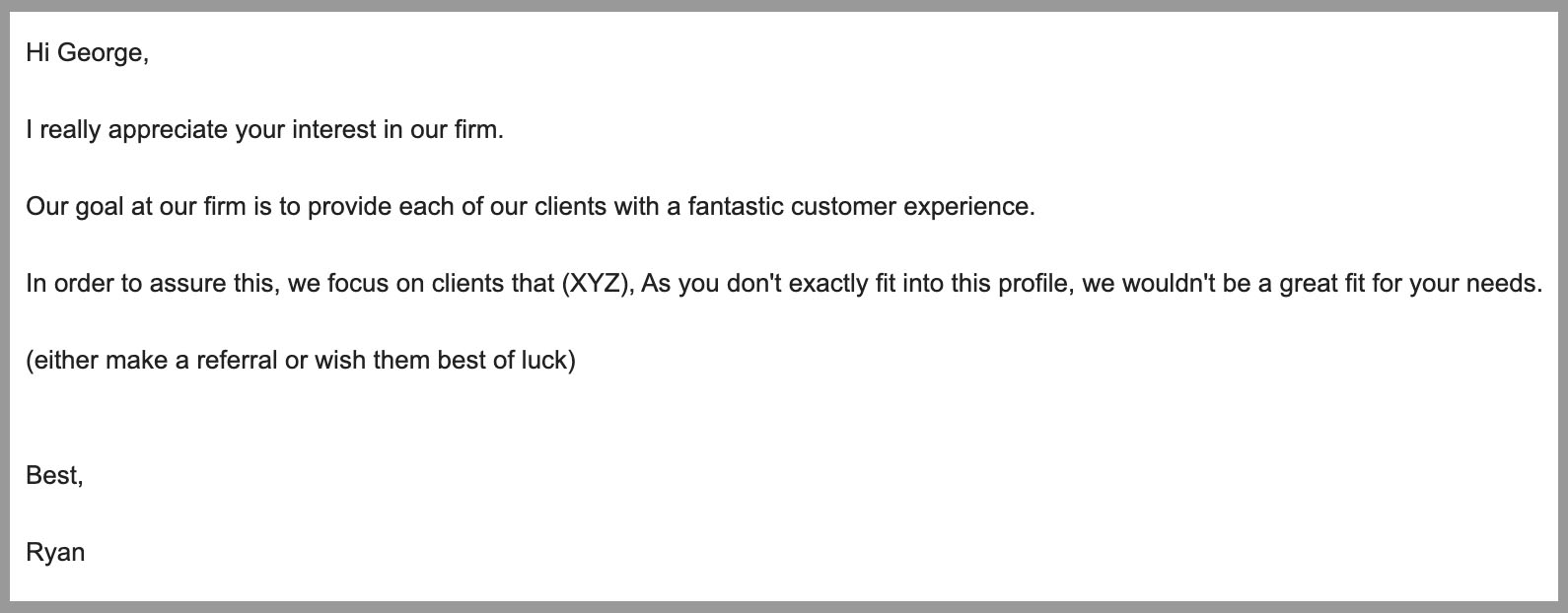It’s no secret that many face a lot of accounting stress in our profession.
After all, you are responsible for your client’s financial well-being and often have to make tough decisions that can impact their bottom line.
Luckily there are ways to reduce stress in an accounting firm and maintain a healthy work-life balance.
In this article, I will discuss 15 methods for overcoming accounting stress.
Read on for more…
Table of Contents
- Why is the Accounting Profession Stressful?
- 15 Ways to Reduce Accounting Stress
- 1) Engage in Capacity Planning
- 2) Use a Task Management System
- 3) Learn How to Say “No”
- 4) Identify your Stress Triggers in Advance
- 5) Don’t Skimp on the Right Tools
- 6) Exercise Regularly
- 7) Consider Yoga or Meditation
- 8) Set Realistic Daily Goals
- 9) Get Enough Sleep
- 10) Delegate Tasks You Don’t Like
- 11) Strengthen Your Support System
- 12) Implement Work-Life Balance
- 13) Stressed Accountants Need Some Time to Debrief
- 14) Set Some Time for Yourself at The Start of The Day
- 15) Set Boundaries by Removing Work Apps On Your Phone
Why is the Accounting Profession Stressful?
According to ICAEW, almost a third of accountants suffer from poor mental health issues.
Almost three-quarters (71.4%) of those suffering from depression or anxiety said it sometimes negatively impacted their working life, while 14.3% said it always affected their well-being.
Here are a few reasons why the accounting profession is stressful:
1) Never Ending Tight Deadlines
Each month, accounting professionals have to deal with all kinds of tight deadlines. If missed, serious consequences may result.
2) Difficult to Find Skilled Talent
As accounting firms grow, more and more skilled talent is required to help service clients.
In today’s market, that talent is hard to find, resulting in many at the firm having to work more in order to cope with the influx of new clients.
3) Long Hours are Often Expected
Accountants often work overtime to ensure they meet deadlines, especially when auditing a company or doing taxes for clients during the busy season.
These long hours cause stress and burnout, which can lead to mental health problems, especially when the accountant isn’t able to spend time with family and friends.
4) Must Quickly Adapt to New Regulations and Guidelines
As new changes in regulations occur in the world of accounting and tax, accountants must quickly understand and implement these changes across their client base.
5) Clients Expect Better and Faster
Thanks to the Amazons and Ubers of the world, clients expect to receive what they want with the click of a button. Since this is unrealistic in the accountancy profession, this can often cause stress to work faster.
15 Methods to Reduce Accounting Stress
Here are a few ways to reduce accounting stress:
1) Engage in Capacity Planning
A process called “capacity planning” is used to forecast and compare time committed to clients against their available capacity so that you can meet your changing and increasing client needs.
By forecasting capacity, you can avoid the overwork issue in the profession.
I’m a big fan of Teamwork’s project management for managing your team’s capacity:
2) Use a Task Management System
Making a list of things to do (ie. your tasks) and tracking that list somewhere is one of the easiest ways to avoid chronic stress.
This helps you plan ahead and avoid missing deadlines, overworking yourself, being late to meetings, and forgetting important tasks.
Check out this fantastic list of 17 task management systems for accountants.
3) Learn How to Say “No”
Many accountants are stressed out because they have a hard time saying “no” to anything: accepting non-ideal clients, handling client requests that are out of scope, accepting meetings for non-mission critical activities, etc.
Here’s a template you can use to say “no” to non-ideal clients:
4) Identify your Stress Triggers in Advance
By understanding in advance what your stress triggers are, you put yourself in a position to recognize when an event might cause you unnecessary stress.
Identify your triggers first, then look out for them when they first appear so that you can mitigate the situation.
5) Don’t Skimp on the Right Tools
I sometimes see accountants trying to save a few bucks on the right tools and instead manually handling their work in spreadsheets or Word documents.
Sure, you might save a bit of money, but the cost of saving that money is far higher.
If you’ve identified an app that will save you even just an hour or two each month, it’s probably worth it.
6) Exercise Regularly
Yes, we are all very busy. But all you need is 30 minutes of some kind of exercise a few times per week to help you seriously relieve stress.
The days where I’m the most stressed and least interested in exercising are usually the days where I’ll benefit the most from it.
7) Consider Yoga or Meditation
Research states that yoga can help you focus and increase productivity. This will give your body a break without taking up too much of your day and reduce your stress levels.
And while I never got into yoga myself, I have started meditating daily since the pandemic and it’s been a game changer for anyone that has a racing mind.
I personally use this app at the moment:

8) Set Realistic Daily Goals
Setting realistic daily goals helps avoid procrastination in critical activities or tasks which can help reduce stress.
The key is to ensure that the daily goals you are setting are realistic, otherwise, this suggestion will have the opposite result.
9) Get Enough Sleep
It might seem obvious, but getting enough sleep is one of the major keys to reducing stress levels.
10) Delegate Tasks You Don’t Like
A lot of stress comes from being far too busy.
By delegating tasks and freeing up time for yourself, you will be able to focus on your goals, the big picture, the firm’s processes, and the business’ direction.
If you’re having trouble delegating, here’s an amazing book I’d recommend:
11) Strengthen Your Support System
Having a strong support system helps greatly in managing stress.
Here are some top tips to get you started:
- Reach out to family members and colleagues
- Build on existing bond
- Look for an emotional support group
- Ask for help from a coach or mentor
- Join an online community with others like you
On the last point, you might want to consider checking out our Future Firm Accelerate online community for busy firm owners.
12) Implement Work-Life Balance at Your Firm
Chronic stress is a result of prolonged stressors from your obligations at your firm, to your family or friends, and other traumatic scenarios.
It can lead to symptoms such as fatigue and a lack of sleep, which also contributes to the feeling of burnout, even among young people.
Remind yourself of the importance of work-life balance. Communicating with multiple sectors at any job can be overwhelming and, as a result, cause stress.
Take regular breaks and find an activity you enjoy doing outside of work. As mentioned earlier, meditation can be a great way to de-stress and practice mindfulness.
13) Stressed Accountants Need Some Time to Debrief
A stressed accountant who’s under a lot of pressure can easily affect the mood and energy of their coworkers. Given the deadlines and stress at work, give yourself some time to debrief.
By debriefing after stressful situations, we can learn from them and take steps to prevent them in the future.
14) Set Some Time for Yourself at The Start of The Day
Even if it is just 30 minutes, making yourself a priority early in the morning can place you in a better mindset for the rest of the day.
You can use this time to write about your daily goal or just have a cup of coffee and think about what you want to achieve.
15) Set Boundaries by Removing Work Apps On Your Phone
As the owner of an accounting firm, we easily get overwhelmed, tired, and fatigued.
Setting boundaries like removing any work apps on your phone and disconnecting from your work laptop can help prevent feeling stressed.
De-escalate and Handle Stress in Your Firm
Hopefully, with these tips, you can manage stress, enhance your well-being and productivity, leading to a more profitable and sustainable business.
Do you have any tips that have worked well for you?
Comment below and let others know!






